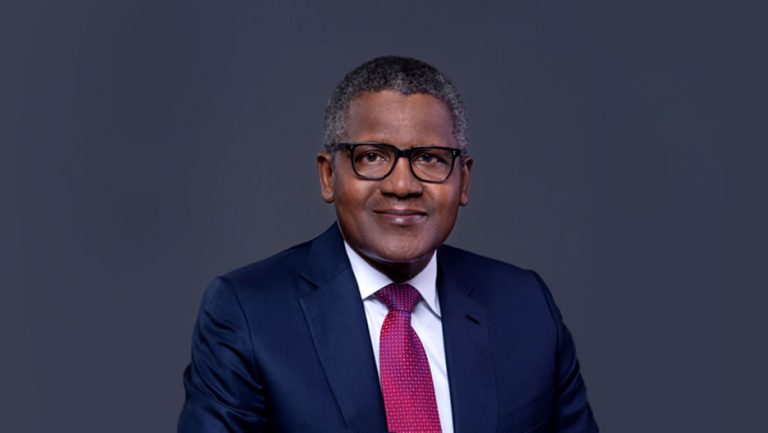In a surprising move, Africa’s richest man, Aliko Dangote, has announced that his company, Dangote Group, has shelved plans to invest in the steel sector. The decision, according to Dangote, was taken to avoid accusations of monopolistic practices.
Speaking at a recent business forum, Dangote revealed that the company’s board had initially considered investing in the steel sector, given the huge demand for steel products in Nigeria and the wider West African region. However, after careful consideration, the board decided against the investment to avoid being labeled as monopolistic.
“We didn’t want to be seen as trying to dominate the steel sector, which is already a sensitive industry,” Dangote explained. “We are mindful of our position in the market and the need to promote competition.”
Dangote’s decision to shelve the steel investment plans has been hailed by industry analysts as a strategic move to avoid regulatory scrutiny and potential backlash from competitors. “Dangote’s move shows that he is aware of the regulatory risks associated with dominating a critical sector like steel,” said industry analyst, Johnson Chukwu.
The Nigerian government has been keen to promote competition in key sectors, including steel, to drive economic growth and development. By shelving its steel investment plans, Dangote Group is seen as supporting this initiative.
Dangote Group’s decision to avoid the steel sector has also been seen as a boost to other players in the industry. “This move will give other companies the opportunity to invest in the steel sector without fear of being overshadowed by Dangote’s dominance,” said Chukwu.
However, some analysts have expressed disappointment at Dangote’s decision, citing the need for investment in the steel sector to drive economic growth. “Nigeria needs investment in the steel sector to reduce its reliance on imports and promote industrialization,” said economist, Bismarck Rewane.
Despite shelving its steel investment plans, Dangote Group remains a major player in Nigeria’s economy, with interests in cement, sugar, and other sectors. The company’s decision to avoid the steel sector is seen as a strategic move to maintain its reputation as a responsible corporate citizen.

